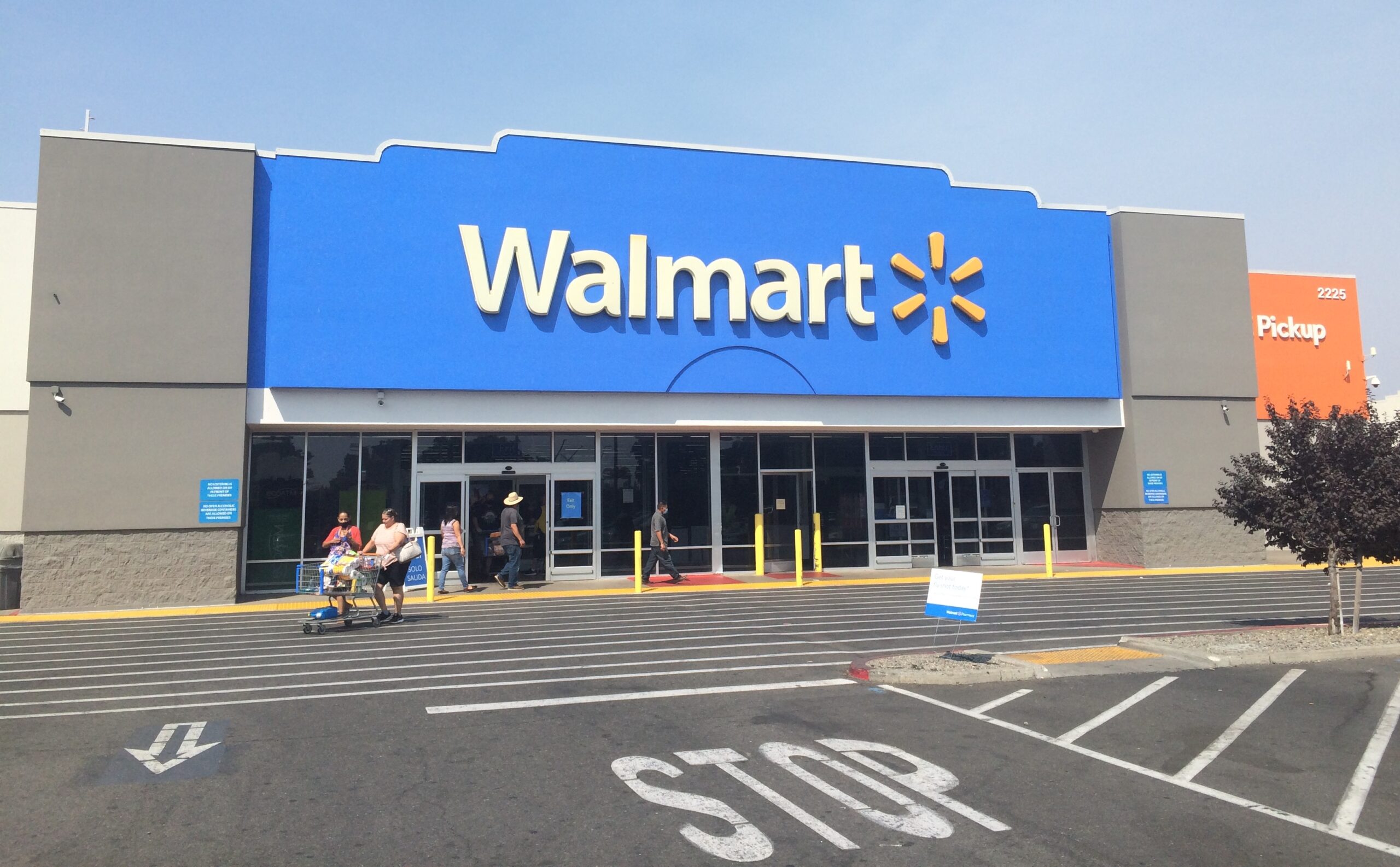
Walmart Inc. had a tough time defining specific revenue and earnings guidance for the next quarter ahead. This uncertainty reared its head during their last public report to investors. Chief Executive Doug McMillon provided the quarterly update Thursday morning. It goes to show just how much the “dynamic nature” of the current economic situation is influencing their outlook, Berger argued. Just this week the Trump administration backtracked on its plans to implement even more hostile tariffs. This move has left an air of confusion and fret amongst retailers.
Struggles With Tariffs and Pricing Models
The inability to provide guidance represents a low point for Walmart as it struggles to maneuver through a truly difficult retail environment. Then, every quarter, investors look to these forecasts to judge whether the company is meeting expectations. Even the perception of an unclear process could undermine their confidence in the market. The firm feels the pinch of looming tariffs on imported finished goods. This issue has recently emerged as a leading discussion point in discussions about congestion pricing.
Doug McMillon’s thanks for the suspension of additional levies showed just how much those provided relief from years of hardship. He also noted the tremendous, ongoing stress that tariffs put on the company’s bottom line and pricing model.
“We will do our best to keep our prices as low as possible but given the magnitude of the tariffs, even at the reduced levels announced this week, we aren’t able to absorb all the pressure.” – Doug McMillon
While they fully concede these are all positive developments, the firm is nonetheless bearish on what they will collectively mean in the immediate future. Pausing punitive tariffs is a step that would provide immediate relief. Uncertainty continues to cloud Walmart’s aggressive pricing strategies and high-margin profit engines.
The retail giant’s struggles reflect broader concerns within the industry as companies grapple with fluctuating costs and changing consumer behaviors. With many retailers closely monitoring potential impacts from tariffs, Walmart’s hesitance to give specific guidance underscores the complexities they face.
As BBC News business reporter Natalie Sherman noted, this is a problem many firms are running up against. Then they fail to hit the mark when it comes to projecting their future performance. As the economic landscape shifts, businesses must adapt quickly to maintain their footing.
What The Author Thinks
Walmart’s hesitation to provide specific guidance highlights the struggles that many companies face due to external pressures like tariffs and economic instability. This uncertainty is not just a challenge for Walmart, but for the retail sector as a whole, which is finding it increasingly difficult to predict and plan for the future. Transparency in navigating these challenges is critical, but businesses must also remain agile and prepared to adapt quickly to changes in the market.
Featured image credit: Wikimedia Commons
For more stories like it, click the +Follow button at the top of this page to follow us.
